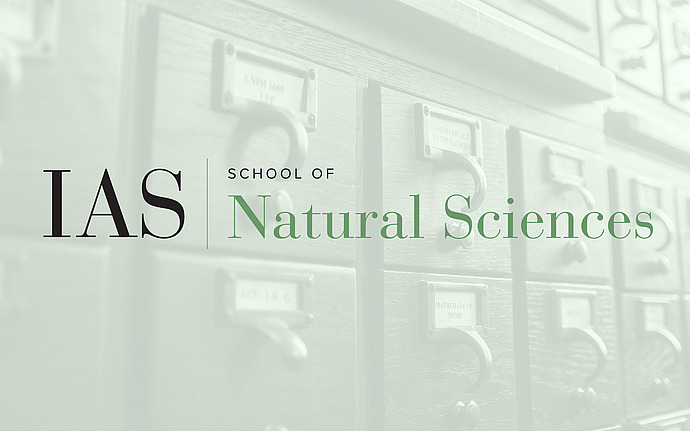
Princeton University Gravity Initiative Spring Seminar Series
Luminosity Distance and Anisotropic Sky-sampling at Low Redshifts: A Numerical Relativity Study
Abstract: Most cosmological data analysis today relies on the Friedmann-Lemaitre-Robertson-Walker (FLRW) metric, which provides the basis of the current standard cosmological model. Within this framework, interesting tensions between our increasingly precise data and theoretical predictions are coming to light. It is therefore interesting to explore the potential for cosmological analysis outside of the exact FLRW framework. I will discuss our recent work using Heinesen's new generalized luminosity-distance series expansion in redshift --- which accounts for all effects of inhomogeneity and anisotropy in the distance-redshift relation for nearby objects. This framework will eventually allow for a fully model-independent analysis of low-redshift cosmological surveys, although, due to the vastly increased number of degrees of freedom some simplifications to this framework are required for use with current data.
I will present our calculations of the effective observational 'Hubble' and 'deceleration' parameters in cosmological simulations performed with numerical relativity --- which consider a fully inhomogeneous space-time evolution. We quantify the amplitude of anisotropies in these parameters as well as identify the dominant multipoles we expect to see. Anisotropies in these parameters exist for any universe which contains structure and could potentially bias low-redshift constraints which assume an isotropic expansion law. Lastly, I will present recent constraints on the dominant anisotropy in the Hubble parameter using the new Pantheon+ supernova catalogue.